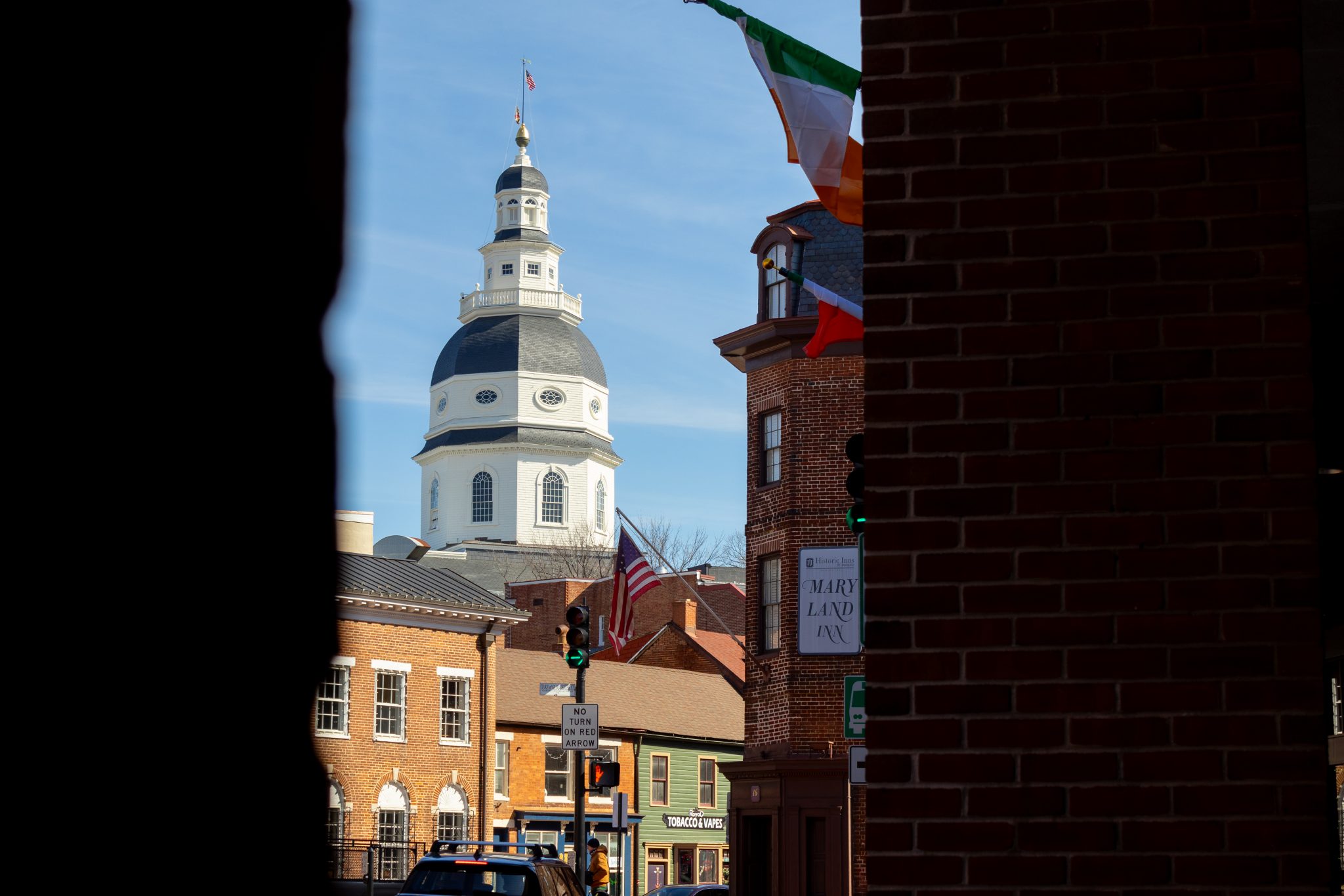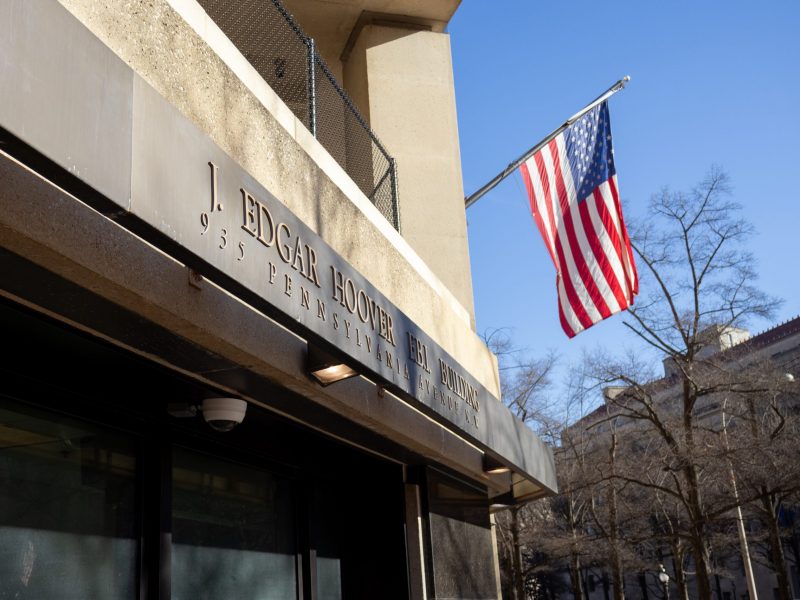A package of energy legislation in the Maryland General Assembly aims to strengthen Maryland’s energy grid and shift away from the state’s reliance on fossil fuels and other states’ electrical networks.
More than 100 people testified Friday on three energy bills — the Next Generation Energy Act, the Renewable Energy Certainty Act and the Energy Resource Adequacy and Planning Act — in the Maryland Senate’s education, energy and environment committee and the House of Delegates’ economic matters committee.
“Today, we stand at a very critical juncture in shaping the future of Maryland’s energy landscape,” Maryland Senate president Bill Ferguson (D-Baltimore City) said at the joint committee hearing. “The General Assembly must take urgent action to pull any viable policy lever that’s available to us to lower the cost of energy as we bridge to a cleaner energy future.”
The energy bills come as U.S. President Donald Trump pushes to increase the use of fossil fuels and natural resources. Trump declared a national energy emergency in January and has promised to “unleash American energy” by promoting the use of non-renewable energy sources to expand the U.S. power grid.
The Next Generation Energy Act
The Next Generation Energy Act, a broad energy reform bill, would encourage nuclear and new gas energy development and streamline the approval process for energy-related projects.
The bill, which is sponsored by Ferguson, House speaker Adrienne Jones (D-Baltimore County), Del. C. T. Wilson (D-Charles County) and Sen. Brian Feldman (D-Montgomery County), would let Maryland rely less on neighboring states’ energy grids and more on state-generated energy.
The bill would reduce greenhouse gas emissions and prevent energy prices from increasing, Ferguson said at the joint hearing.
“We’re not just responding to today’s needs, we’re trying to protect the long-term interests of Maryland’s residents,” Ferguson said.
Some Marylanders who oppose the Next Generation Act told the joint committee the bill would abandon Maryland’s plan for clean energy.
[Maryland legislators debate bill to protect personal records from ICE officials]
Those in opposition said the bill would further raise energy prices by adopting isolationist energy policies and relying less on the Pennsylvania-New Jersey-Maryland Interconnection grid — the organization that manages the electric power grid of Maryland and parts of 13 surrounding states.
In January, the interconnection predicted significant growth in energy demand over the next 15 years.
Building new gas generation facilities through the Next Generation Act would not lower energy prices and would exacerbate climate change, Maryland director of the Chesapeake Climate Action Network Brittany Baker told the joint committee.
Baker said provisions laid out in the Renewable Energy Certainty Act and the Energy Resource Act Adequacy and Planning Act should be implemented before the state considers ways to generate more gas.
The Renewable Energy Certainty Act
The Renewable Energy Certainty Act would set standards for solar and battery storage projects, which would increase the development of renewable energy and simplify the approval process.
Feldman’s sponsored act, crossfiled with Wilson and Del. Brian Crosby’s (D-St. Mary’s County) house bill, would make local renewable energy projects faster and less expensive to construct, Feldman told the joint committee.
“We must provide regulatory certainty and predictability if we want solar and battery storage projects benefiting Marylanders to get built here,” Feldman said.
Wilson told the committee that the bill’s statewide regulations would prevent counties from using zoning laws to block the construction of solar and battery storage projects.
“As we work to meet our state’s renewable goals, we must remove unnecessary barriers that delay the project and drive up the cost, while protecting our consumers,” Wilson said.
[Maryland Democrats push bills, legal action to combat Trump’s executive orders]
Nearly 40 people testified in opposition to the bill, many of whom were concerned about a threat to the agriculture industry.
Tyler Hough, director of government relations for the Maryland Farm Bureau, told the committee he was concerned that if county governments did not oversee the development of solar energy, the agriculture industry would ultimately suffer after competing with the solar industry for land.
The Energy Resource Adequacy and Planning Act
The Energy Resource Adequacy and Planning Act, sponsored Sen. Katie Fry Hester (D-Howard and Montgomery) and crossfiled by Crosby, would establish a new resource planning office that would create energy strategies, forecasts and models.
The office would collaborate with existing agencies to create an energy model that would analyze electricity prices, the grid’s reliability and timelines for emerging energy technologies, Hester said to the joint committee.
The office would use the model to create a 25-year energy forecast to better meet the state’s energy needs in a sustainable and cost-effective manner, Hester said. The forecast will be used to create legislative policy and energy plans.
“As technology evolves, so must our approach to energy production and consumption,” Crosby said at the joint hearing. “What was once theoretical is now a reality and Maryland must proactively plan for the future energy demands.”



